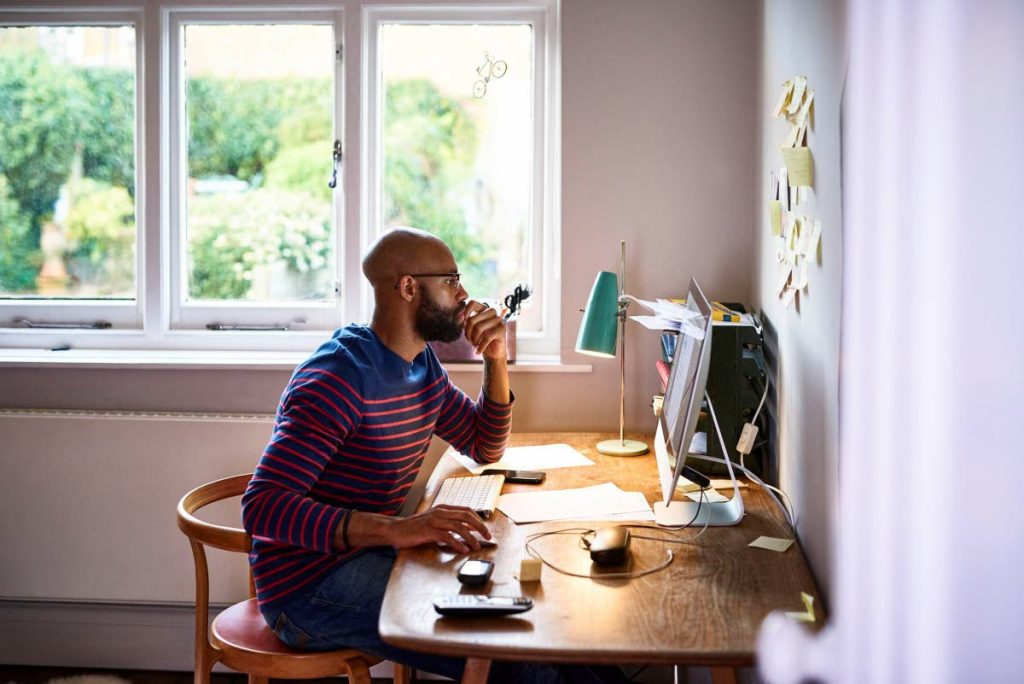Homework in the age of covid19

As children, work is something done both in public and in private: among peers in official settings like the classroom and also in the more relaxed confines of home. Growing up, homework was something most dreaded, representing a reminder of the inevitable return to class as well as an incursion on private time. And yet, this very notion of homework has paved the way for millennials’ propensity to adapt to functioning in non-office environments. That propensity could well become business’ most important tool in fighting covid19.
Gabriel Faria’s suggestion last week that a work-from-home model should be on the table is something business leaders and the State should consider seriously. The Chamber of Industry and Commerce CEO’s disclosure of efforts to provide guidance on this matter is welcome, as is clarification on the existence of any software tools that might make work-from-home easier.
Undoubtedly there are workers who will never be able to work from home, such as those on assembly lines, or those working in retail, maintenance, and repair. At the same time, there are many workers in management, financial, administrative or clerical positions where output is not tethered to physical proximity, given modern communication tools. In this regard, we need a clearer understanding of the configuration of the labour market, a matter on which business chambers and state statisticians should collaborate.
There are already barriers that affect workers’ ability to get to work and, therefore, productivity. Seasonal disturbances such as flash flooding, as well as the increasing prevalence of freak weather events; problems with transport infrastructure, including traffic and unreliable service; and personal circumstances relating to an increasingly aged population being taken care of by families – are just some. Not to mention the fear of after-dark/early-morning travel caused by crime. With increasing awareness of how office spaces affect the environment, this may well be a chance to shift the culture in favour of a more flexible model.
The major issue, however, will always be productivity. A business will have to weigh whether it might be more worthwhile to let people avoid all the hazards and start the day from home. Important here is an open mind: what should matter is whether workers can meet targets effectively, wherever they are located.
While the disease is different, our experience with the similar H1N1 situation has laid a useful groundwork. That experience has already introduced us to ideas of social distancing and self-isolation. Employing those tactics now may kill two birds with one stone: more than three dozen people have reportedly died from H1N1 this season already. It is still a problem.
Therefore, it is legitimate to ask of businesses: should a worker who tests positive, but feels fit enough, work from home? Should anyone with symptoms, even pending diagnosis, work from home? Given that covid19 is not just about individual health (a healthy person may inadvertently infect a person who is elderly or who has a hidden/pre-existing condition) is there a moral imperative for homework?
We must answer these questions now, while we can.

Comments
"Homework in the age of covid19"